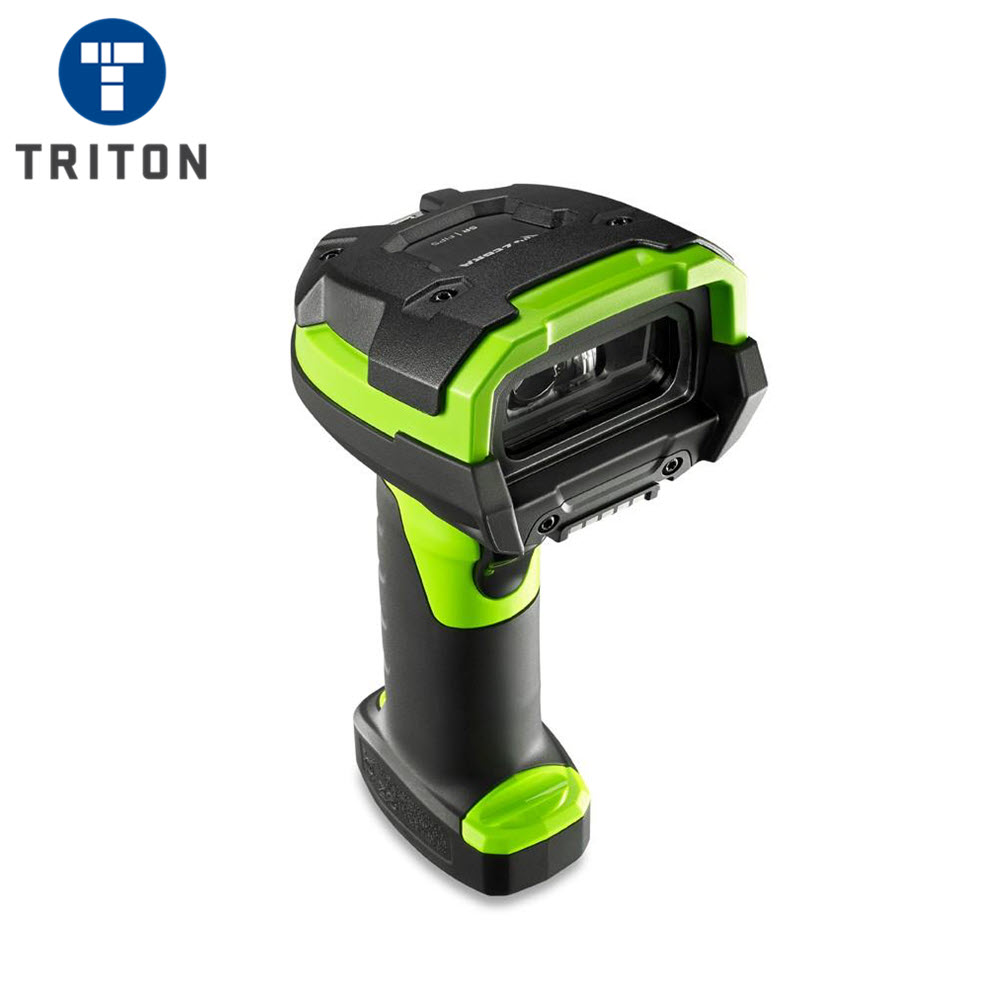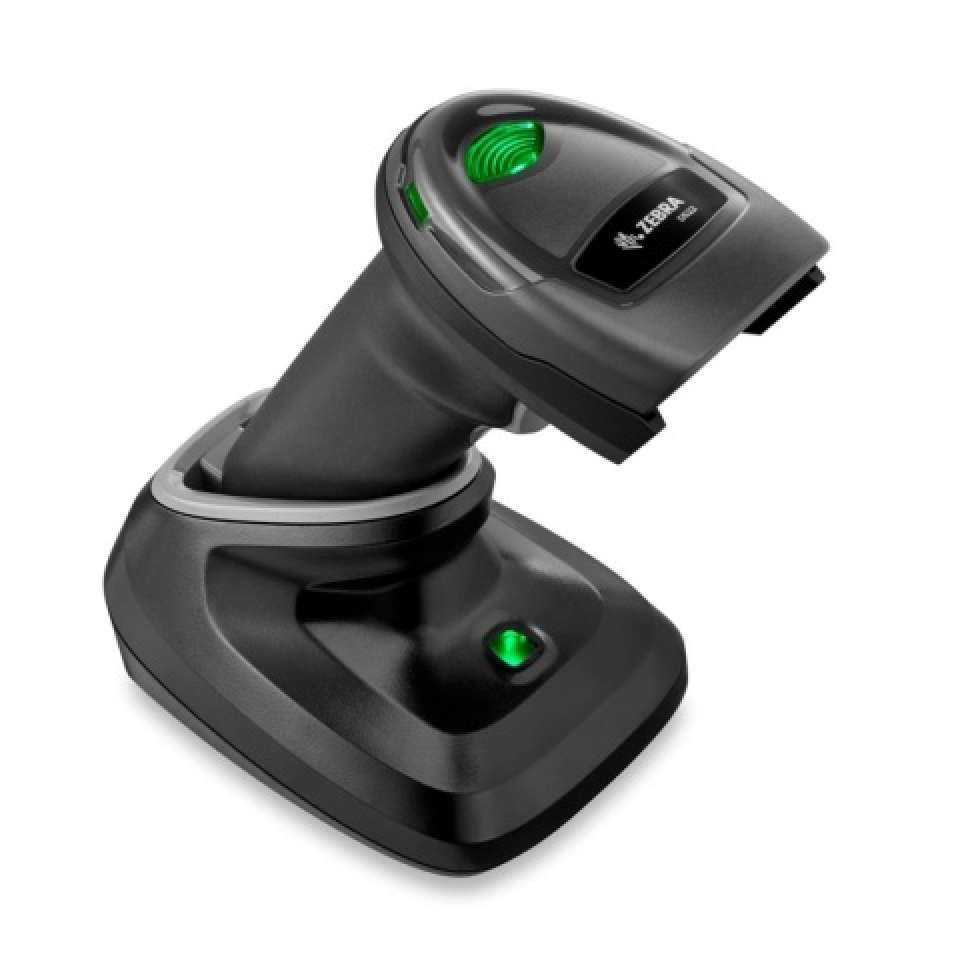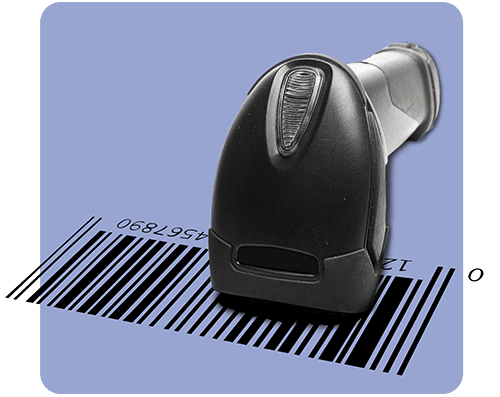Barcodes Scanners Ideal for Business Operations
Barcodes Scanners Ideal for Business Operations
Blog Article
Picking the Right Barcode Scanner for Your Business Requirements
Picking the appropriate barcode scanner for your business requires a nuanced understanding of your specific functional demands and ecological conditions. Elements such as scanner type, speed, and compatibility with existing systems play a pivotal duty in determining the appropriate option.
Understanding Barcode Scanner Kind
When it involves picking a barcode scanner, comprehending the different types available is important for conference particular company needs. Barcode scanners can be classified right into a number of kinds, each made for various applications and atmospheres.
Handheld scanners are one of the most typical, providing portability and convenience of usage, making them suitable for retail and supply administration. They usually connect using USB or Bluetooth, supplying flexibility in procedure. Fixed-mount scanners, on the various other hand, are created for high-volume scanning applications, commonly found in production line or check out counters. These scanners are mounted in a fixed setting, permitting quick scanning of several things one by one.
Another kind is the mobile computer system, which integrates scanning capacities with computing power. These devices are suitable for field operations or warehouse administration, making it possible for data collection and real-time supply tracking. Furthermore, there are commercial scanners that are built to stand up to rough atmospheres, such as extreme temperature levels or direct exposure to dust and wetness.

Key Functions to Think About
What important attributes should organizations prioritize when choosing a barcode scanner? Scanning rate is critical, as faster scanners improve operational efficiency, especially in high-volume environments. The scanner's ability to read various barcode layouts is additionally essential; guarantee it sustains prominent types like QR codes, UPC, and Code 128 to accommodate diverse supply products.
Durability is an additional vital attribute, especially for services in tough settings. Seek models that are built to hold up against declines, dirt, and moisture. Additionally, consider the connectivity alternatives offered; whether you choose USB, Bluetooth, or Wi-Fi, the right connection can improve integration with existing systems.

Examining Your Company Setting
To efficiently select a barcode scanner, businesses need to analyze their certain functional atmosphere. This analysis consists of assessing the physical design of the workspace, the nature of the products being checked, and the typical conditions under which scanning happens. As an example, a retail atmosphere may call for portable scanners that can rapidly refine purchases at the checkout, while a storage facility setup may take advantage of ruggedized scanners designed to withstand harsher problems.
Additionally, think about the volume of scanning needed. High-throughput settings might demand sophisticated scanning modern technologies, such as fixed-position scanners or mobile devices that can operate More hints efficiently in hectic circumstances. The combination abilities with existing supply management systems also play a vital function; make sure the picked scanner can flawlessly get in touch with software program platforms being used.
Additionally, evaluate the potential for growth and scalability. A scanner that meets current needs might not be enough as organization other expands. By extensively examining these aspects, services can choose a barcode scanner that not only satisfies instant needs but additionally sustains long-lasting operational efficiency and flexibility. This critical approach inevitably adds to smoother procedures and enhanced productivity.
Budgeting for Your Scanner
Having actually analyzed the operational atmosphere and recognized the specific demands for a barcode scanner, the next step involves mindful budgeting to make certain a smart monetary investment. Developing a budget starts with identifying the total expenses connected with the scanner, including first acquisition price, functional expenses, and prospective upkeep fees.
When choosing a barcode scanner, consider the series of available options, from handheld tools to fixed-position scanners, as prices can differ considerably. It is important to stabilize cost with performance; deciding for a more inexpensive design might lead to increased operational inadequacies if it does not meet your company requirements.
In enhancement to the hardware, consider expenses related to software application, training, and possible upgrades. While it may be tempting to reduce in advance expense, buying a top quality scanner that aligns with your operational demands can generate lasting financial savings through improved efficiency and lowered downtime.
Lastly, consider the total cost of ownership, which includes the scanner's life expectancy and prospective resale value. By meticulously preparing your budget plan, you can make sure that your financial investment in a barcode scanner will improve your operational productivity and financial performance.
Assimilation With Existing Systems
Incorporating a barcode scanner with your existing systems is essential for maximizing its efficiency and guaranteeing smooth operations. barcodes scanners. A well-integrated scanner enhances operations performance, lowers mistakes, and speeds up data handling. When picking a barcode scanner, consider compatibility with your current software program and equipment facilities, including your stock management systems, point-of-sale (POS) systems, and venture resource preparation (ERP) remedies
Examine whether the scanner uses typical procedures such as USB, Bluetooth, or Wi-Fi, which can help with easy combination. Additionally, assess whether the scanner's software program provides APIs or SDKs that enable modification and combination with proprietary systems. This is specifically vital for services with unique functional demands.
Furthermore, take into consideration the scalability of the scanning service. As your service grows, your systems need to be able to fit added scanners and handle boosted information volumes without considerable reconfiguration. Ultimately, investing in a barcode scanner that flawlessly integrates with your existing systems will produce lasting advantages, improving precision, use this link effectiveness, and total performance within your operations. Make the effort to completely analyze your integration needs prior to purchasing decision.

Conclusion
In verdict, choosing an appropriate barcode scanner demands an extensive analysis of different variables, consisting of scanner types, essential attributes, and the specific service environment. The ideal barcode scanner serves as a crucial tool in enhancing procedures and assisting in reliable stock monitoring.
Report this page